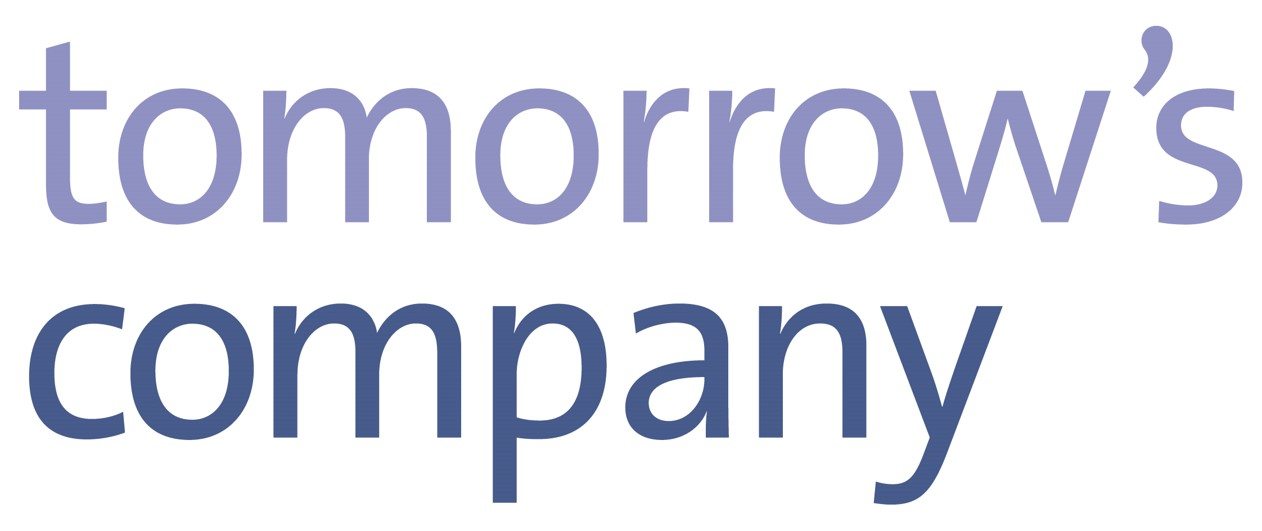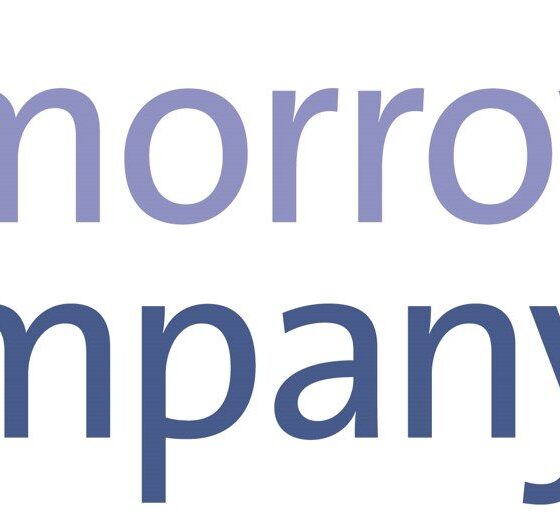

Economy
Tomorrow’s Company Inquiry into capital markets explores incentives needed for long-term investment
On 27 October 2015, Tomorrow’s Company launch a new report. ‘Tomorrow’s Capital Markets: Investing in what we value’ brings to a formal conclusion the research into Tomorrow’s Capital Markets, which began in 2010. An initial report was published in 2012.
The report explores how the operation of incentives, both hard and soft, within the capital markets system could be better structured. This would be in a way that gets resources channelled to where they can be most productively used for long-term human development, while also producing sufficient return to incentivise market participants to invest.
You can watch a video of the launch event here. The report argues that:
– We face serious threats to climate, quality of life, water supply, nutrition etc.
– Our capital markets have a vital part to play in enabling society to meet these human needs.
– Long-term financial value comes from meeting human needs on an intergenerational basis, taking account of economic, social and environmental factors, using a broad range of indicators.
– This wider view of value needs to permeate all information and decisions in the system.
– Markets are good servants but bad masters: we need to curb the casino economy and shift the balance in markets between trading and owning – between ‘value in use’ to ‘value in exchange’.
– Markets will respond to client priorities. We want asset owners to take a wider view of value embed this view into their requirements of investment managers and advisors. We also want to help savers exercise individual choice.
Commenting on the release Mark Goyder, CEO and Founder Director of Tomorrow’s Company, said: “We need capital markets, like companies to be a force for good. We need them to be the servants of society and not behave like the masters of the universe. They are stewards of our savings. We need to design the rules of markets and shape our habits as market participants so that we see life this way. Working in partnership with many other groups, that is what I hope the contribution of Tomorrow’s Company will be.”
Barbara Ridpath, Director of St. Paul’s Institute, and a member of the steering group, co-hosted today’s launch event said: “If we are to restore trust in the financial system we need to shorten the chain of intermediation between the source of the savings and the investment, in order to remind people in the capital markets that there is also a human being’s wellbeing behind the money they are moving. This is achieved through individual actions and behaviours of participants in the system and is driven by collaboration of these people. This is where the strength of this project lies.”
Mike Clark, Director of Responsible Investment at Russell Investments, and member of the steering group: “There is currently too narrow a focus on interpreting risk and return when looking at long-term financial systems. Tomorrow’s Capital Markets places a greater emphasis on the creation of wealth, its distribution, and the meaning of value by taking a broader view through recognising environmental, social and governmental factors.”
Ingrid Holmes, Director of E3G and a member of the report’s steering group, “With growing concerns about value at risk from climate and wider ESG risks, a ‘do nothing’ approach to ensuring investments deliver longer-term value looks increasingly untenable.”
Donald Fleming, Managing Director, Pensions Advisory at Gazelle Corporate Finance, and member of the steering group: “A core function of the capital markets is to create and allocate capital efficiently, both across society and over time. But this is not a linear process and what this project has identified is that it operates in a sense like a neural network, with the actions of each player affecting its neighbour, with knockon effects over time through the system.”
Damian Carnell, Director at Towers Watson, and member of the steering group: “Incentives are a powerful tool to endorse behaviours. However it is essential to understand the effects that specific incentives will have to avoid unwanted consequences. The strength of this report is that it has analysed which incentives within capital markets can enhance long-term investment without causing unwanted consequences. In future there needs to be a much greater awareness of the design process, the importance of governance in design and operation, and the role of good corporate culture for incentives to be improved. ”
Tim Wright, Partner at PwC, and member of the steering group: “Creating the right incentive model for a globally sustainable capital markets system is difficult enough, but how can stakeholders really be sure that what is being incentivised is right? Tomorrow’s Capital Markets has grasped the nettle in looking at how hard and soft incentives within capital markets could be structured in a way to better channel resources to where they can be most productively used.”
John Neill, CEO of Unipart, said: “We at The Unipart Group recognise the shared and widespread concern surrounding present-day capital markets and we therefore welcome this report and the issues it raises wholeheartedly. We have learned throughout our own transformational journey that to truly change a global business’ culture, we need to systematically engage our people at all levels to embrace a sustainable way of working with a strong customer focus and responsible values at the core. This same commitment applies to the financial system.”
George Latham, Managing Partner and CIO at WHEB Listed Equity said about this report: “This valuable paper from Tomorrow’s Company is focussed on the need to find ways to incentivise capital to be deployed in such a way that it better supports the long-term needs of society and future generations.”
Highlights from ‘Tomorrow’s Capital Markets: Investing in what we value’
This report brings to a formal conclusion the research by Tomorrow’s Company which began in 2010. A first report Tomorrow’s Capital Markets: an invitation to work with Tomorrow’s Company to set new incentive structures for a sustainable world published in 2012 set out an agenda for change and recognised that change needs to be created and owned by those in the system and those who are responsible for the system.
This second report has moved beyond the diagnosis to test and refine the findings of the first report and set out an agenda for change and recognised that change needs to be created and owned by those in the system and those who are responsible for the system. The report focuses on the UK, and to a lesser extent the EU. However, many of the principles behind the findings are just as applicable in other regions. Tomorrow’s Company’s vision for the system is one in which long-term financial value is understood as meeting human needs on an intergenerational basis, takes account of economic, social and environmental factors, and is measured using a broad range of indicators.
This is achieved by ensuring that:
– a wider view of value is adopted and reflected in the information provided to support decision making.
– savings are channelled into investments which create wealth and secure well-being.
– strong investment performance is pursued over the long-term through a focus on stewardship, underpinned by collaboration and standards of integrity and transparency, and all the intermediaries in the system publicly declare the extent of their commitment to act in this way and explain how they fulfil these obligations.
– long-term value creation is reinforced through aligning skills and linking targets and incentives to the needs of clients and beneficiaries
– there is an appropriate balance between long-term investments and the need for liquidity
– the scale and activity of what some refer to as the ‘casino’ economy does not pose a threat to the operation of the ‘real’ economy, while recognising the need for sufficient, but not excessive, trading to enable the real economy to operate effectively.
Tomorrow’s Company believes this vision is best achieved by values-led, market based self-regulation wherever possible to reduce the need for imposed rules by regulators. For both regulatory and self-regulatory approaches, there is a need to ensure that they act in the public interest, and not just private interest, and have effective systems and processes of transparency and public accountability. The report poses a series of challenges in the forms of questions which identify where the levers for change exist and what combination of changes can build on existing momentum to shift the system.


 Environment12 months ago
Environment12 months agoAre Polymer Banknotes: an Eco-Friendly Trend or a Groundswell?

 Features11 months ago
Features11 months agoEco-Friendly Cryptocurrencies: Sustainable Investment Choices

 Features12 months ago
Features12 months agoEco-Friendly Crypto Traders Must Find the Right Exchange

 Energy11 months ago
Energy11 months agoThe Growing Role of Solar Panels in Ireland’s Energy Future


























